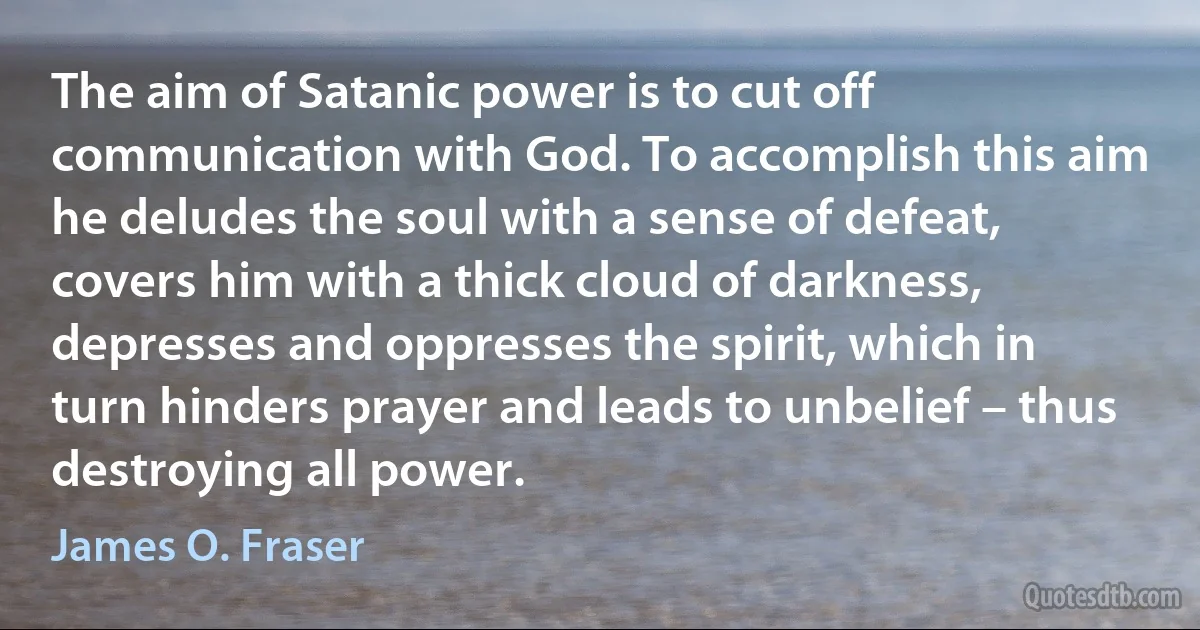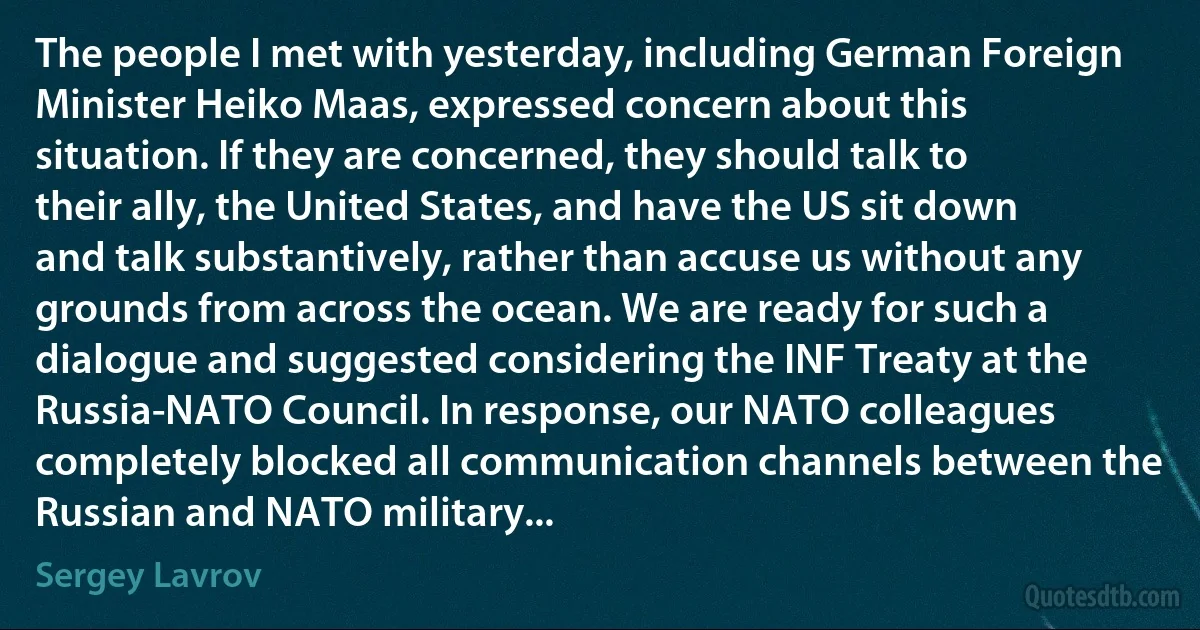Communication Quotes - page 17
In this chapter I want to raise the question partly in jest but partly also in seriousness whether the concept of the image cannot become the abstract foundation of a new science, or at least a cross-disciplinary specialization. As I am indulging in the symbolic communication of an image of images I will even venture to give the science a name - Eiconics - hoping thereby to endow it in the minds of my readers with some of the prestige of classical antiquity. I run some risk perhaps of having my new science confused with the study of icons. A little confusion, however, and the subtle overtones of half-remembered associations are all part of the magic of the name.

Kenneth Boulding
The dictionary definition of communication [...] includes the communication of goods and supplies. [...] But transport of goods is not communication in the sense we are adopting here, and does not raise the same subtle and difficult questions. What "goods" do we exchange when we send messages to one another?

Colin Cherry
Physically, we transmit signals or signs -- audible, visual, tactual. But the mere transmission and reception of a physical signal does not constitute communication. A sign, if it is perceived by the recipient, has the potential for selecting responses in him. Physically, when we communicate, we make noises with our mouths, or gesticulate, or exhibit some token or icon, and these physical signals set up a response behavior.

Colin Cherry
[...] we can strip off all grammatical clues to sentence structure, all affixes and prepositions, and yet still achieve communication. Thus restricted to nouns, simple "stories" can be told in word chains: Woman, street, crowd, traffic, noise, haste, thief, bag, loss, scream, police.... Again, the reader's past experience of his language is sufficient to restore the missing elements, sufficiently accurately for the purpose. But of course, not only does the reader have experience of sentence structure, enabling him to supply the missing syntactical elements, but also he has experience of typical contexts in which the various words are used; many words bear an aura about with them. It might be more difficult to tell a tale about a policeman who robbed a woman, for instance, with so little redundancy!

Colin Cherry
The NSA and GCHQ ... are obsessed with searching out any small little crevice on the planet where some forms of communication may be taking place without them being able to invade it. ... They are obsessed with finding ways to invade the systems of online, onboard internet services and mobile phone services, because the very idea that human beings can communicate even for a few moments without them being able to collect and store and analyze and monitor what it is that we're saying is simply intolerable.

Glenn Greenwald
Some of the surveillance was ostensibly devoted to terrorism suspects. But great quantities of the programs manifestly had nothing to do with national security. The documents left no doubt that the NSA was equally involved in economic espionage, diplomatic spying, and suspicionless surveillance aimed at entire populations. Taken in its entirety, the Snowden archive led to an ultimately simple conclusion: the US government had built a system that has as its goal the complete elimination of electronic privacy worldwide. Far from hyperbole, that is the literal, explicitly stated aim of the surveillance state: to collect, store, monitor, and analyze all electronic communication by all people around the globe.

Glenn Greenwald
If God should descend to earth and come to live among us, we could not love him unless he became like us or give him anything unless he produced something or listen to him unless he proved us mistaken or worship him unless he manifested his power. All the laws of our nature, affective, economic, and intellectual, would prevent us from treating him as we treat other men, that is, according to reason, justice, and equity. From this I infer that if God ever put himself into immediate communication with man, he would have to become a man.

Pierre-Joseph Proudhon
[H]e was genuinely incapable of uttering a single sentence that was not a cliché.[...] Eichmann, despite his rather bad memory, repeated word for word the same stock phrases and self-invented clichés (when he did succeed in constructing a sentence of his own, he repeated it until it became a cliché) each time he referred to an incident or event of importance to him.[...] The longer one listened to him, the more obvious it became that his inability to speak was closely connected with an inability to think, namely to think from the standpoint of somebody else. No communication was possible with him, not because he lied but because he was surrounded by the most reliable of all safeguards against the words and the presence of others, and hence against reality as such.

Hannah Arendt
In the Platonic dialectic, ... the terms "Being” "Non-being” "Movement,” "the One and the Many” "Identity” and "Contradiction” are methodically kept open, ambiguous, not fully defined. They have an open horizon, an entire universe of meaning which is gradually structured in the process of communication itself, but which is never closed. The propositions are submitted, developed, and tested in a dialogue, in which the partner is led to question the normally unquestioned universe of experience and speech, and to enter a new dimension of discourse - otherwise he is free and the discourse is addressed to his freedom. He is supposed to go beyond that which is given to him - as the speaker, in his proposition, goes beyond the initial setting of the terms. These terms have many meanings because the conditions to which they refer have many sides, implications, and effects which cannot be insulated and stabilized.

Herbert Marcuse
Functional communication is only the outer layer of the one- dimensional universe in which man is trained to target-to translate the negative into the positive so that he can continue to function, reduced but fit and reasonably well. The institutions of free speech and freedom of thought do not hamper the mental coordination with the established reality. What is taking place is a sweeping redefinition of thought itself, of its function and content. The coordination of the individual with his society reaches into those layers of the mind where the very concepts are elaborated which are designed to comprehend the established reality. These concepts are taken from the intellectual tradition and translated into operational terms-a translation which has the effect of reducing the tension between thought and reality by weakening the negative power of thought.

Herbert Marcuse



